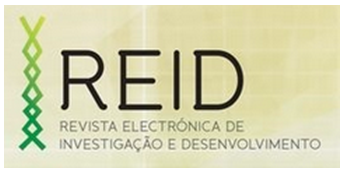Teacher Curriculum Autonomy in Angola: a look at the Legislative Perspective
António Julião
DOI:
https://doi.org/10.70634/reid.v2i9.103Palabras clave:
Curriculum Autonomy, Teaching, Quality of Teaching, LearningResumen
The Angolan Presidential Decree no160/18, of July 3, implicitly seeks to generate a new perspective of curriculum management, defining the limits of autonomy to teachers as curricular agents. However, there are some dissonances between the norm and the practical reality on the ground. In this sense, the present article seeks to analyze the curricular autonomy of the teacher in the light of the referred legislation in order to verify if it guarantees the educational success of the students. In order to support our analysis, inspired by a qualitative approach, we have employed a literature review and document analysis. In general, it is clear that the need for greater teacher autonomy substantially revitalizes the collective process of construction of the teaching process and the context of the emerging school. However, in the Angolan case, although autonomy has been legally conferred on teachers, ignorance of the legal prerogative means that teachers simply comply with what is essential and limited themselves to a prescribed curriculum to the detriment of shared decision-making, calling into question the quality of the teaching and learning process.

